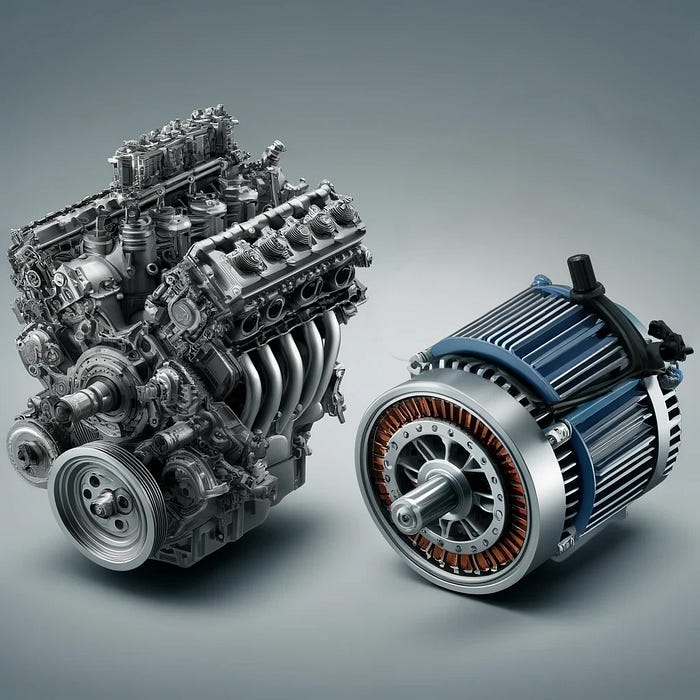

The unsurprising answer to the question the automotive industry has been avoidin...
source link: https://medium.com/enrique-dans/the-unsurprising-answer-to-the-question-the-automotive-industry-has-been-avoiding-070d501a27bf
Go to the source link to view the article. You can view the picture content, updated content and better typesetting reading experience. If the link is broken, please click the button below to view the snapshot at that time.
The unsurprising answer to the question the automotive industry has been avoiding

A very good article in The New York Times, “What happened when a German car factory went all electric”, is about a Volkswagen plant in Zwickau, Saxony, which employs more than 10,000 people and creates tens of thousands of indirect jobs, that went over to the exclusive manufacture of electric vehicles (EVs).
This is a process German news site Der Spiegel calls “the existential crisis of the German car industry”, one that is also being experienced in other places dependent on the auto industry such, as Ohio. Many analysts predicted huge layoffs and the collapse of local economies when plants went electric, but the reality has been that nothing really changed.
What exactly does nothing mean? Well, basically, even if many jobs change, along with technology and assembly lines, the automotive industry is reasonably good at re-skilling its staff, and can adapt, as happened in Germany, with no layoffs of full-time employees until 2030. No surge in unemployment, no bankruptcies of ancillary companies, nothing; simply a response to the rapidly changing times, as consumers turn away from petrol and diesel to Teslas, BYD, SAIC and other Chinese EVs.
The legacy automotive industry has actively lobbied against EVs, desperately trying to resist a trend that shows no sign of taking a U-turn, and now it is now desperately trying to play catch-up. Those who thought Tesla’s dominance would only last until traditional automakers started making EVs couldn’t have been more wrong: the threat is now increasingly cheaper and popular Chinese EVs in more and more markets, terrifying some countries, and leading others to consider banning them.
The good news? The transition can be made, and doesn’t have to lead to job losses and widespread supplier bankruptcies. Companies and workers simply adapt. Now that we know that the legacy automotive industry has been lying to us for over a decade, it’s time for a change, and it turns out that the terrible problems that the conversion to EVs would bring was just another lie. Every day it is clearer: the looming catastrophe isn’t the result of change, it’s what awaits us if we don’t change.
(En español, aquí)
Recommend
About Joyk
Aggregate valuable and interesting links.
Joyk means Joy of geeK